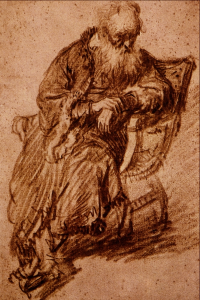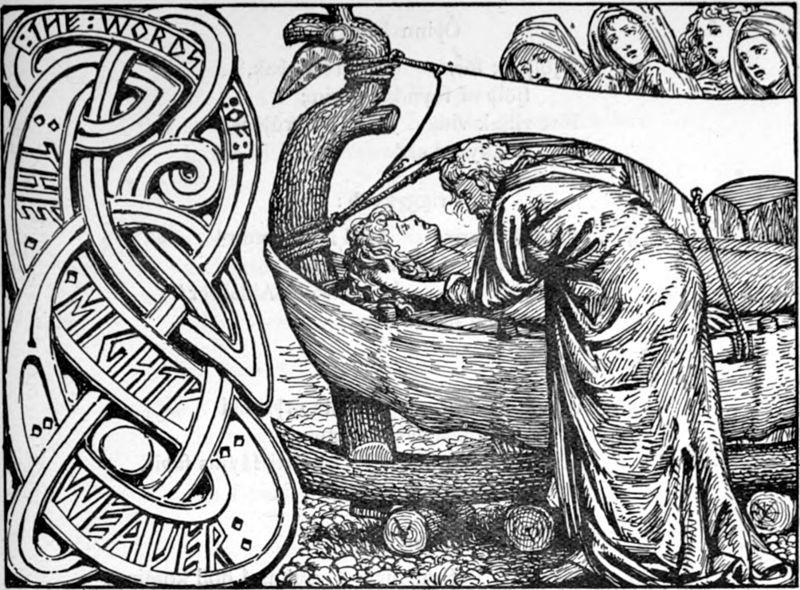
Take pity on me, Yahweh,
I am in trouble now.
Grief wastes away my eye,
my throat, my inmost parts.
For my life is worn out with sorrow,
my years with sighs;
my strength yields under misery,
my bones are wasting away.
I am contemptible,
Loathsome to my neighbors,
to my friends a thing of fear.
Those who see me in the street
hurry past me;
I am forgotten, as good as dead in their hearts,
something discarded.
Psalm 31:9-12
In spite of our advanced medical knowledge, probably the majority of people today still fear that their experience of aging will be much as the Psalmist describes. But notice—it’s not just one’s bones wasting away that makes an old person wish for death—it’s that they no longer have meaningful roles to play.
Not only does age rob people of their abilities to work, lead, and in other ways serve their communities as they could when they were younger, but in far too many instances their families and communities are uninterested in what they can contribute. We have forgotten, or we don’t care, that while the aged can no longer perform the tasks of a wage earner or leader, there are at least two roles they uniquely can play and that we need them to play.
The first was suggested by Nouwen and Gaffney in the closing quote from yesterday—old age is “a chance to be embraced.” One of the most difficult things for anyone to do, especially those of us suckled on self-reliance in an individualist culture, is to accept help. To add to our dilemma, most people would agree that the last thing we should do to someone who has had to relinquish control in more and more aspects of their lives is to treat them as less capable than they are.
Yet something we all need to do if we are to find life meaningful is to help others. Thus, even though it sounds odd in a culture that often trades barbs about lazy people, one way that we all can contribute to our communities is to accept help. I am not talking about increasing our already oversized entitlements. I am talking about parents of whatever age accepting graciously help from their children or their children’s friends. I am talking about teachers allowing students to help foster better education including encouraging them to help each other learn. On a daily basis we all have opportunities to help others experience the vital meanings and joys that come with being able to give to someone else.
The elderly have a special, and especially difficult, role to play in the economy of giving and receiving. For if they have practiced “being what they have given,” if for decades they have been exemplary parents and grandparents, friends and lovers, and citizens and workers, then offering this significant gift of old age—accepting the gifts of others—requires a transformation of self that requires great spiritual strength. What rightly brought them pride throughout their lives, their abilities to give to others, now must be given up so that others can give to them. This is a profound emptying, kenosis.
[Contributed by Bob Sessions]











